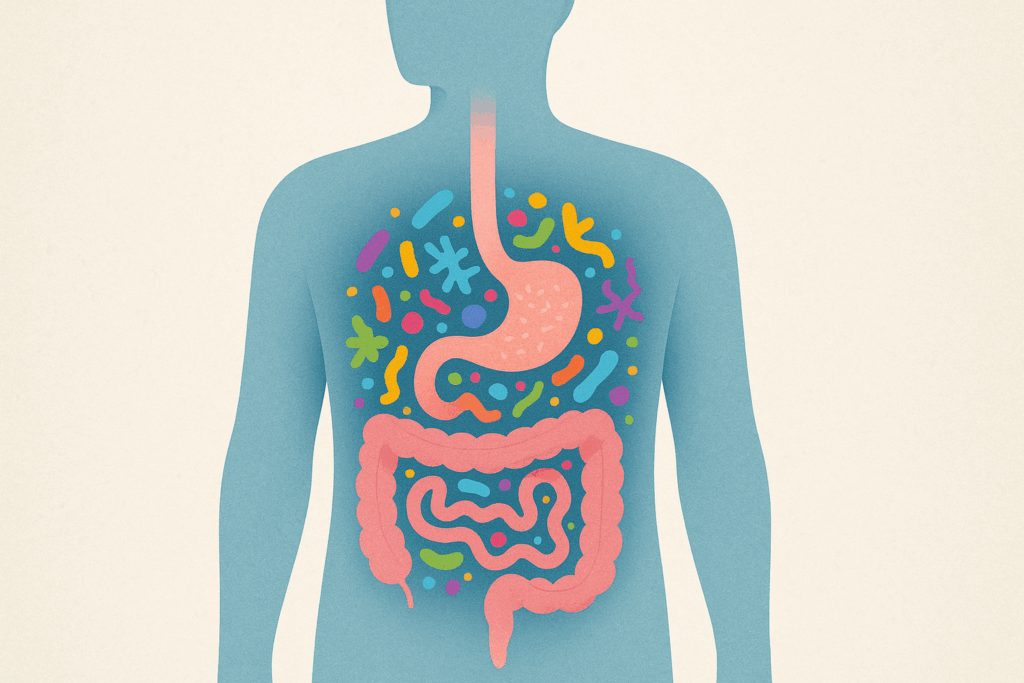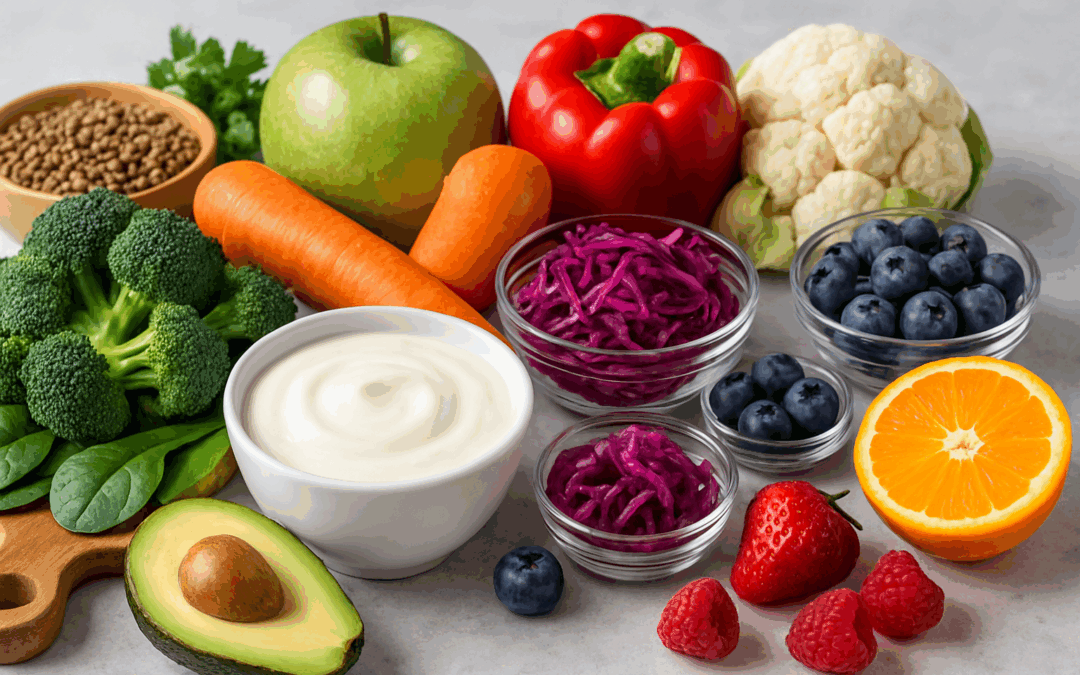A healthy gut is the foundation of overall well-being. Often called the “second brain,” the gut influences digestion, immunity, and even mental health. Yet many people overlook this vital system until something feels off. Understanding how gut health impacts your body and learning simple ways to support it can lead to better energy, stronger immunity, and a happier mood.
The Role of Gut Health in Your Body

Your gut is home to trillions of microorganisms, known as the gut microbiome, that help break down food, absorb nutrients, and protect against harmful invaders. A balanced gut microbiome strengthens your immune system, supports nutrient production, and helps regulate inflammation. Recent studies also show strong links between gut health and mental clarity, emotional stability, and chronic disease prevention.
When the gut microbiome thrives, the body tends to function more efficiently. When it’s out of balance, issues like bloating, fatigue, food sensitivities, and mood swings can arise. Taking care of your gut is an essential step toward feeling your best every day.
Signs Your Gut May Be Out of Balance

Recognizing the signs of gut imbalance can help you take action sooner. Common symptoms include frequent digestive discomfort such as gas, bloating, diarrhea, or constipation. You might also notice unexpected skin flare-ups, unexplained fatigue, trouble sleeping, or frequent illnesses.
Additionally, if you experience increased anxiety or mood fluctuations, your gut could be sending you signals. Because the gut and brain communicate closely through the gut-brain axis, an imbalanced microbiome can affect emotional health just as much as physical health.
Simple Ways to Support a Healthy Gut

Improving gut health doesn’t have to be complicated. Start by eating a diverse range of fiber-rich fruits, vegetables, whole grains, and fermented foods like yogurt, kefir, sauerkraut, and kimchi. These foods nourish beneficial bacteria and help maintain balance.
Stay hydrated, manage stress through practices like meditation or yoga, and aim for consistent sleep. Avoid overuse of antibiotics and processed foods, as they can harm good bacteria. For some, probiotic supplements can be beneficial, but it’s always wise to consult a healthcare provider before starting new supplements.
Small, sustainable changes add up over time. By nurturing your gut naturally, you support not just digestion, but your overall vitality.

